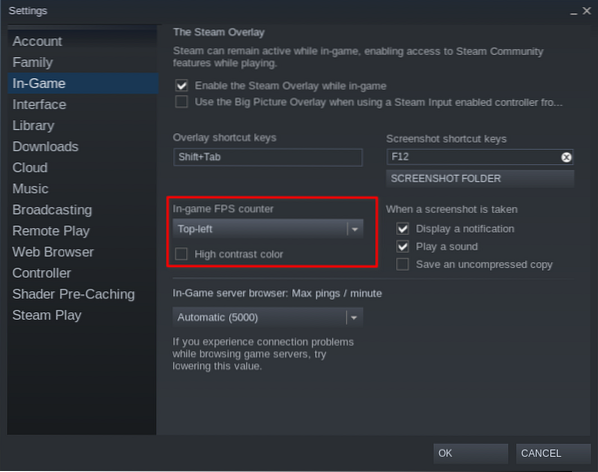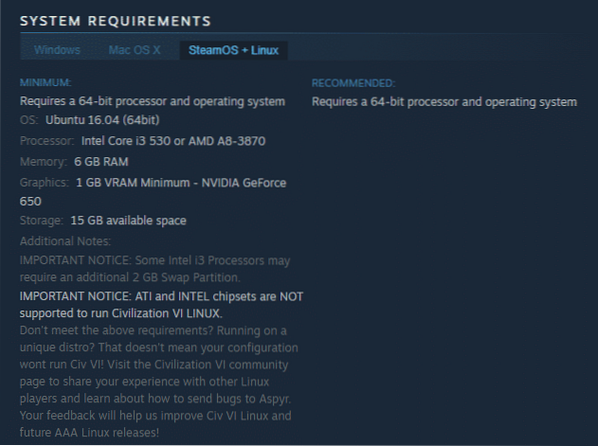TL;DR : run journalctl -f
-f is short option for -follow. You can think of running journalctl -f as doing a tail operation on the system log.
journalctl cheatsheet
-a or -all
Show all characters, even long and unprintable lines and characters
-f or -follow
Like a tail operation for viewing live updates
-e or -page-end
Jump to the end of the log
-n or -lines=
Show the most recent n number of log lines
-o or -output=
Customizable output formatting. See man page for formatting options. Some examples include journalctl -o verbose to show all fields, journalctl -o cat to show compact terse output, journalctl -o json for JSON formatted output.
-x or -catalog
Explain the output fields based on metadata in the program
-q or -quiet
suppress warnings or info messages
-m or -merge
merge based on time local and remote entries
-list-boots
Print out the bootids which can be later used in filtering from time of a specific bootid
-b [ID][±offset]
Filter only based on the specified boot
-k or -dmesg
Filter only kernel messages
-g or -grep
Filter based on perl-compatible regular expressions for specific text
-case-sensitive[=BOOLEAN]
do case insensitive searching
-S, -since=, -U, -until=
Search based on a date. “2019-07-04 13:19:17”, “00:00:00”, “yesterday”, “today”, “tomorrow”, “now” are valid formats. For complete time and date specification, see systemd.time(7)
-system
Show system messages only
-user
Show user messages only
-disk-usage
Shows space used by this log system
The journalctl system takes system logging to the next level. To see all the options be sure to read the man page. I hope this cheat sheet helps you get started with some quick options.
 Phenquestions
Phenquestions



